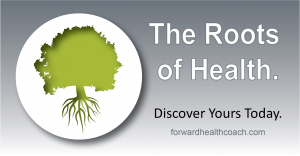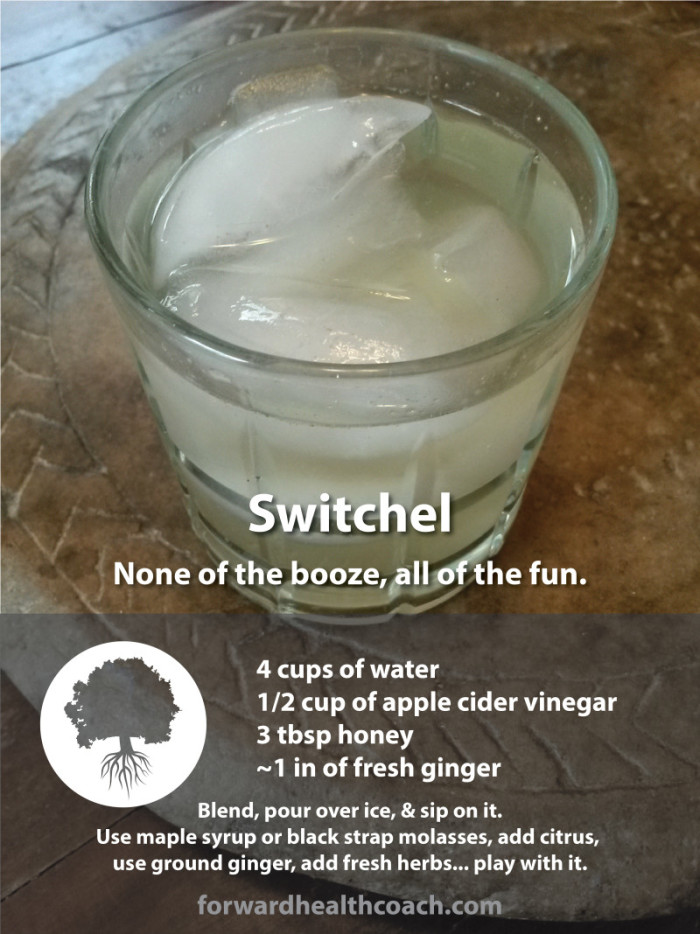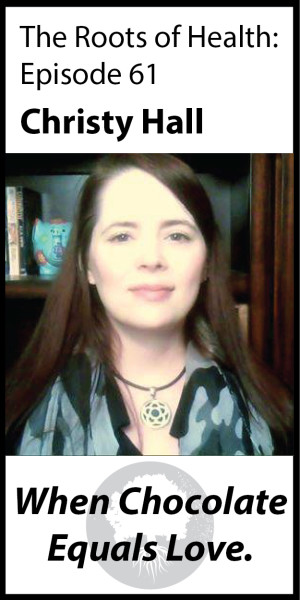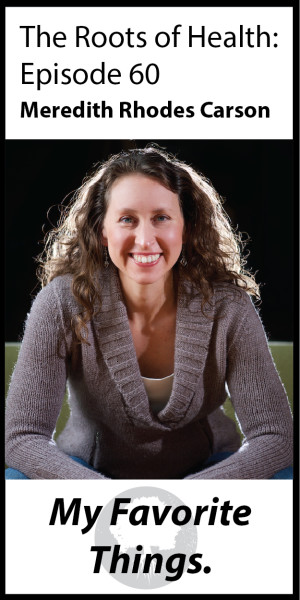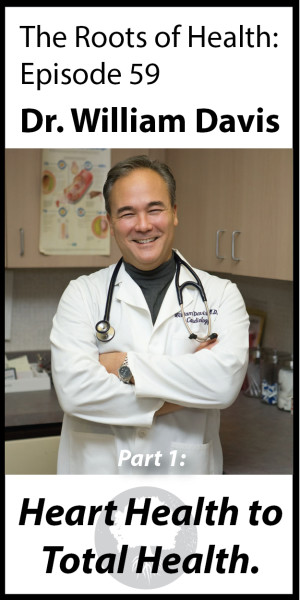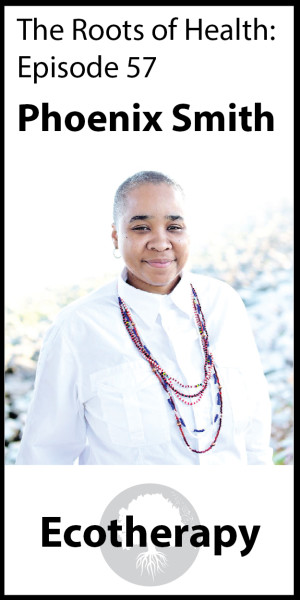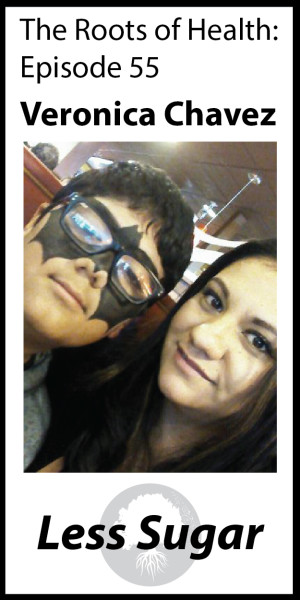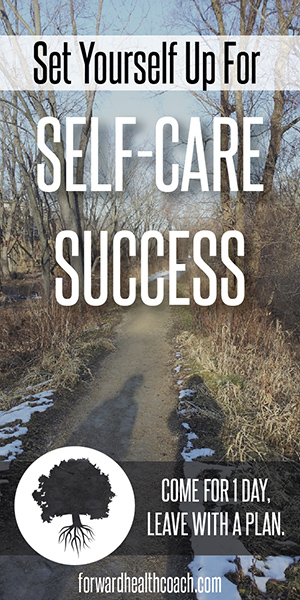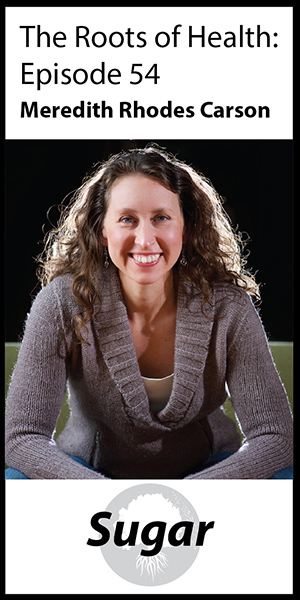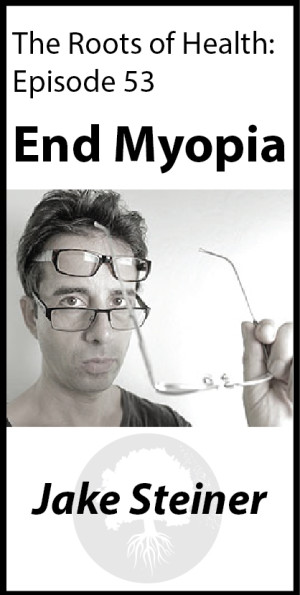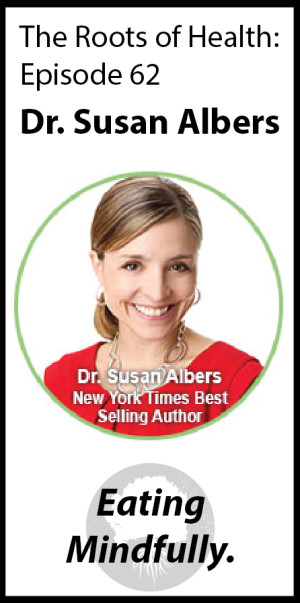 Click here to go right to the show in iTunes or on Stitcher or on WebTalkRadio.net.
Click here to go right to the show in iTunes or on Stitcher or on WebTalkRadio.net.
Human beings are hard wired for survival. Our ancestors probably went through some feast or famine process. Food was not readily available for them, they had to hunt for it, they had to collect it, and if they didn’t, they were hungry. If the hunt brought home some giant animal, they might all feast on that, and that might be it for a while. And you can bet, when they were feasting, they were grateful for that meal.
But today, food is plentiful, we’ve never had the kind of choice that we have in our modern environment. How do we choose to eat healthy when faced with what my guest calls, the 3-E’s, an abundance of easy, effortless, and economic foods? Our modern environment has set us up for failure. Not only do we have an abundance of food, but we have so many things demanding our attention that when we do choose a food, we might not even realize that we’re eating it. We have a problem with mindless eating.
My guest today is Dr. Susan Albers, who likes to help people with ‘how to eat’ and not ‘what to eat’.
We chatted about what mindful eating is, how it’s like we’re on autopilot, Dr. Albers provides us with five strategies to begin a mindful eating practice, eating mindfully is sort of a meditation, we chat about what to do with respect for mindful eating in an office environment, or what we might really need if we reach for food as a reward, how to navigate the abundance of food at holiday parties, and the importance of being mindful when you’re out with friends and in order to be a great role model at home.
Check out Dr. Albers book ’50 More Ways To Soothe Yourself Without Food’ and her website, eatingmindfully.com.
Dr. Albers bio:
Susan Albers, Psy.D., is a New York Times bestselling author and a clinical psychologist at the Cleveland Clinic who specializes in eating issues, weight loss, body image concerns and mindfulness. After obtaining a masters and doctorate degree from the University of Denver, Dr. Albers completed an APA internship at the University of Notre Dame in South Bend, Indiana and a post-doctoral fellowship at Stanford University in California. Dr. Albers conducts mindful eating workshops across the country. Dr. Albers is the author of six mindful eating books including: EatQ, 50 Ways to Soothe Yourself Without Food, Eating Mindfully, Eat, Drink, and Be Mindful and Mindful Eating 101.
Music by Audionautix.com.
You can subscribe to The Roots of Health at WebTalkRadio.net, iTunes, and Stitcher.

